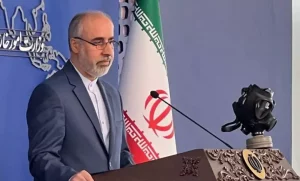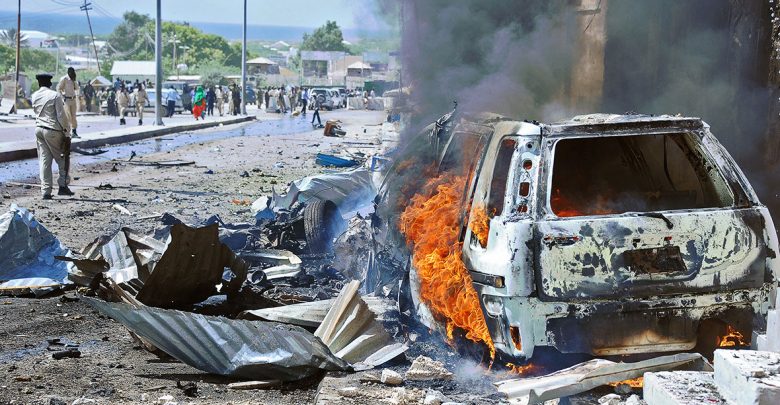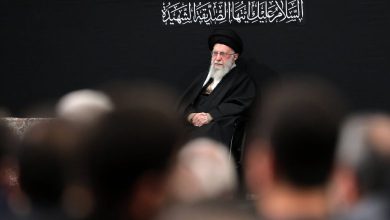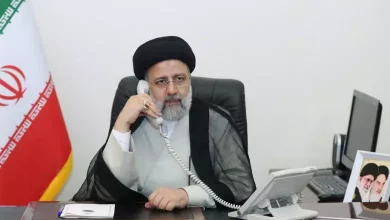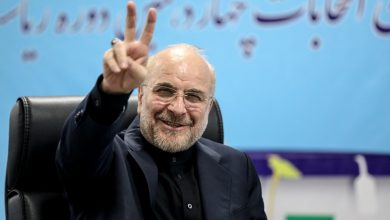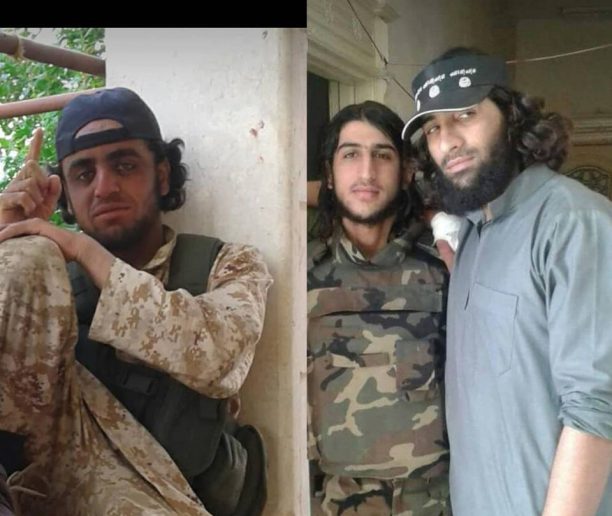Iran rules out cooperation with ‘politicized’ UN Human Right Council’s fact-finding mission
Iran’s Foreign Ministry says Tehran will not cooperate with the so-called fact-finding mission created after a UN Human Rights Council resolution, engineered by Germany, to probe claims of human rights abuses during the recent riots, stressing that Iran has already formed a national fact-finding committee to look into the events.
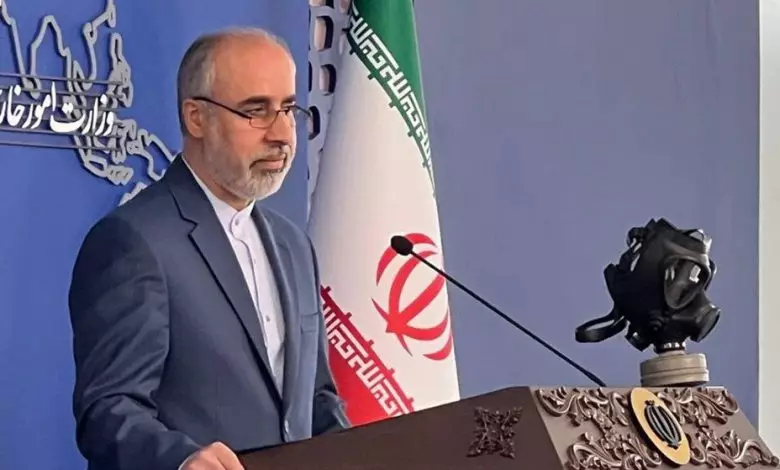
Spokesman Nasser Kan’ani made the remarks at a press briefing in the Iranian capital of Tehran on Monday as he showed up with a chemical mask in the presser, which alluded to Germany’s support for Iraqi dictator Saddam Hussein during the 1980-1988 Iraqi imposed war on Iran and supply of chemical warfare by Berlin to the deposed Ba’ath regime.
Kan’ani noted that Iran, within the framework of its national responsibilities, has set up a national committee comprising of experts, lawyers, official and non-official representatives, is performing its national and general duties, and is undertaking in-depth investigations.
He also condemned the hasty employment of human rights mechanisms and instrumental use of them against independent states, emphasizing that such an approach will not provide any help for the advancement of human rights.
“The Islamic Republic of Iran will not engage in any cooperation, whatsoever, with the politicized committee established in the name of a fact-finding mission,” Kan’ani said.
Elsewhere in his remarks, the spokesman of Iran’s Foreign Ministry stated that Saddam’s regime did not have any reservations about use of chemical weapons during the imposed war on Iran, and many Western countries, particularly Germany, supplied the former Iraqi dictators with the deadly munitions.
Kan’ani underlined that several United Nations reports have pointed to the fact that German companies were supplying the former Iraqi regime with chemical weapons, and even the German news magazine, Der Spiegel, has identified Berlin as the main provider of weapons of mass destruction to then Baghdad government.
On Thursday, the UN Human Rights Council convened a meeting at the request of Germany and Iceland to discuss alleged human rights violations in Iran during the handling of recent foreign-backed riots in the country.
The inter-governmental body voted to establish an independent international fact-finding mission to investigate the purported abuses.
The anti-Iran resolution come as foreign-backed riots have hit some Iranian provinces since 22-year-old woman Mahsa Amini died at the hospital on September 16, three days after she collapsed at a police station.
An investigation has attributed Amini’s death to her medical condition, rather than alleged beatings by the police.
The riots, meanwhile, have claimed the lives of dozens of people and security forces, while also allowing terrorist attacks across the country. In the last two months, the terrorists have set fire to public property and tortured several Basij members and security forces to death.
On October 26, a Daesh-affiliated terrorist attacked the Shah Cheragh shrine in the southern province of Fars before the evening prayers, killing at least 15 pilgrims — including a woman and two children — and injuring 40 others.
At least seven people were also killed after terrorists opened fire at people and security forces at a crowded market in Khuzestan province’s Izeh around sunset on Wednesday.
